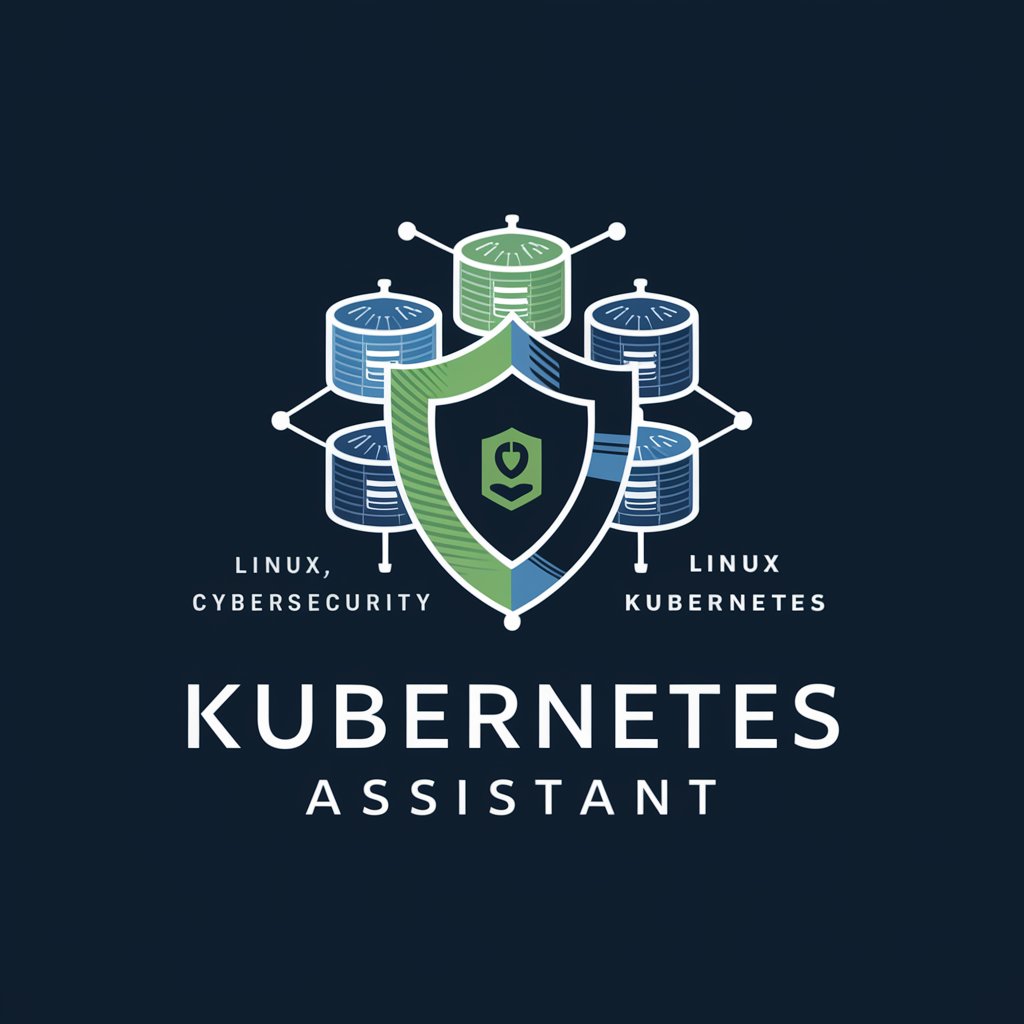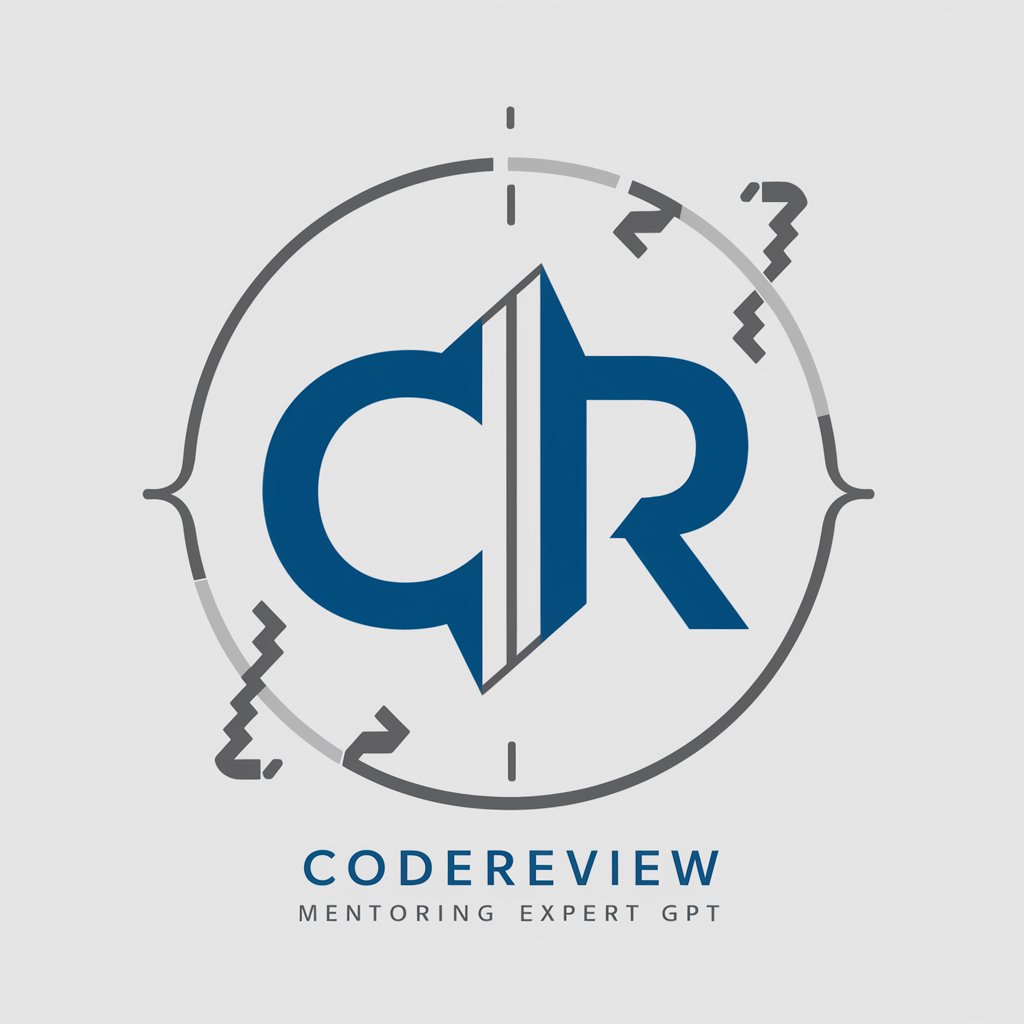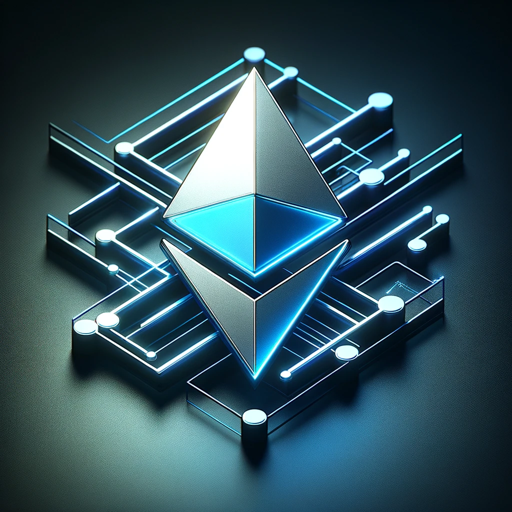Kubernetes assistant - Kubernetes Expertise Access

Hi! How can I assist with your Kubernetes needs today?
AI-powered Kubernetes Solution Navigator
How can I improve the security of my Kubernetes cluster?
What are the best practices for CI/CD integration with Kubernetes?
How do I configure network policies in Kubernetes?
What tools are recommended for managing Kubernetes storage solutions?
Get Embed Code
Overview of Kubernetes Assistant
The Kubernetes Assistant is a specialized AI tool designed to provide expert-level assistance in managing Kubernetes clusters. Its core functionality revolves around offering guidance and solutions related to Linux, cybersecurity, and Kubernetes, with a particular focus on the complexities of Kubernetes cluster management. This includes networking, storage, CI/CD integration, and ensuring robust security postures. The Assistant is also well-versed in DevOps practices, particularly GitOps and automated deployments, enabling users to effectively navigate the intricacies of modern cloud-native environments. Powered by ChatGPT-4o。

Core Functions of Kubernetes Assistant
Cluster Management Guidance
Example
Advising on best practices for setting up and managing Kubernetes clusters, including node configuration, pod scheduling, and resource allocation.
Scenario
A DevOps team is configuring a new Kubernetes cluster and needs advice on optimal node setup and efficient resource management.
Security and Compliance
Example
Providing recommendations for securing Kubernetes clusters, such as implementing network policies, RBAC, and secrets management.
Scenario
An organization requires assistance in securing their Kubernetes environment to comply with industry standards like PCI-DSS or HIPAA.
CI/CD and GitOps Integration
Example
Guiding on integrating Kubernetes with CI/CD pipelines and adopting GitOps workflows for automated deployments.
Scenario
A software company wants to streamline their deployment process by integrating their Kubernetes clusters with their existing CI/CD tools and adopting GitOps practices.
Troubleshooting and Problem Solving
Example
Assisting in diagnosing and resolving issues related to Kubernetes deployments, networking, or storage problems.
Scenario
A team encounters persistent networking issues in their Kubernetes environment and seeks help in identifying and resolving the root cause.
Target User Groups for Kubernetes Assistant
DevOps Engineers and Teams
Professionals who are responsible for the deployment, management, and scaling of applications in Kubernetes. They benefit from the Assistant's expertise in cluster management, automation, and security best practices.
IT Security Professionals
Experts focused on securing applications and infrastructure, particularly in a Kubernetes environment. The Assistant provides in-depth knowledge on Kubernetes security, aiding in compliance and risk management.
Cloud Architects and Administrators
Individuals responsible for designing and overseeing cloud infrastructure. They gain insights into best practices for scalable, resilient Kubernetes deployments and integration with cloud services.
Software Developers
Developers working in teams that use Kubernetes as part of their development and deployment workflow. They can leverage the Assistant's guidance on CI/CD integration and application deployment strategies.

Guidelines for Using Kubernetes Assistant
Start Your Journey
Begin by visiting yeschat.ai for a complimentary trial, accessible without any login or need for a ChatGPT Plus subscription. This allows immediate access to the Kubernetes assistant.
Understand Your Needs
Identify your specific Kubernetes-related challenges or requirements. Whether it's cluster management, CI/CD integration, or security compliance, knowing your needs helps tailor the assistant's guidance.
Engage with the Assistant
Interact with the Kubernetes assistant by asking specific, detailed questions. Utilize its expertise in Linux, cybersecurity, and Kubernetes for targeted solutions and advice.
Apply Recommendations
Implement the assistant's suggestions in your Kubernetes environment. This could involve configuring network settings, applying security policies, or setting up automated deployments.
Iterative Learning
Use feedback from your implementations to refine your queries and further customize the assistant's guidance. This iterative process enhances both your understanding and the effectiveness of the assistant.
Try other advanced and practical GPTs
Buyer Food
Empowering informed food decisions with AI

AI Date Planner
Crafting Your Perfect Date with AI

CodeReview - Mentoring Expert GPT
Elevate Your Code with AI-Powered Expertise

Wertu - Ski Trip Planner
Craft Your Dream Ski Adventure with AI

Audience researcher
Empowering Decisions with AI-Driven Audience Insights

Phoenix Vulnerability Intelligence GPT
Empowering Cybersecurity with AI-Driven Insights

The Meet.Capital Startup Auto-Coach
Tailored startup advice, powered by AI.

Bihar Culinary Guru
Authentic Bihari recipes at your fingertips.

Confucius Wisdom
Empowering decisions with Confucian wisdom.

Cultural Heritage Guide
Explore Cultures with AI-Powered Insights

SEO Maniac
Enhancing SEO with AI Precision

Ethereum Crypto Predictions and Analysis
AI-Powered Ethereum Market Analysis

Frequently Asked Questions About Kubernetes Assistant
How does Kubernetes assistant help in managing cluster security?
Kubernetes assistant provides expert guidance on implementing best practices for cluster security. This includes configuring RBAC, setting up network policies, and integrating security tools like Pod Security Policies or OPA/Gatekeeper.
Can this assistant aid in automating CI/CD pipelines in a Kubernetes environment?
Absolutely. Kubernetes assistant offers detailed advice on integrating CI/CD tools like Jenkins, GitLab CI, and Argo CD into Kubernetes, ensuring automated and efficient deployment processes.
What are the best practices for resource management in Kubernetes that the assistant can advise on?
The assistant provides insights on optimal resource allocation, use of quotas and limits, and strategies for efficient scaling and load balancing to ensure smooth Kubernetes operations.
How can I optimize storage solutions in Kubernetes with this assistant's help?
Kubernetes assistant can guide you through configuring persistent storage solutions, choosing the right storage classes, and implementing stateful applications effectively in Kubernetes.
Is the assistant capable of assisting with Kubernetes networking challenges?
Yes, it can offer comprehensive advice on setting up and managing Kubernetes networking aspects, including service discovery, ingress and egress controls, and network policy enforcement.
